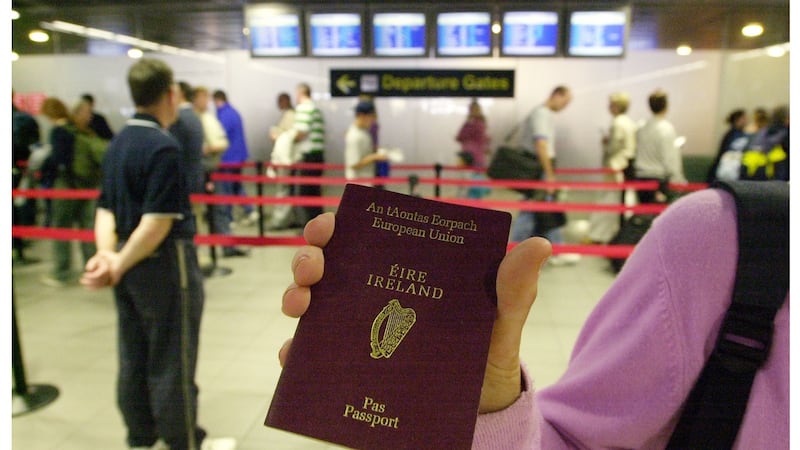INTERVIEW:Minister keen to avoid any claims of political interference with the judiciary
THE GOVERNMENT’S proposed salary reductions for incumbent judges would save €5.5 million a year, Minister for Justice Alan Shatter has said.
In an interview with The Irish Times, Shatter defended the decision to hold a referendum to cut the pay of serving judges by between 16 and 23 per cent, on the basis they could not otherwise be reduced.
“As the referendum coincides with the presidential election the cost will be substantially less than a stand-alone referendum, and ultimately real savings will be effected. It is expected that the total savings in year one will exceed the cost of the referendum. Based on the current cohort of judges the salary reductions would amount to savings of about €5.5 million annually,” the Minister said.
He added that, “to preserve public respect for the judiciary, so they are not perceived to be an elite, immune from the fiscal and economic calamity that has hit this country, it is important they are seen to be treated equally, that their income should reflect the same deductions as have hit everyone right across the public service”.
The referendum wording was being drafted with care: “There must never be any question that the judiciary are in any way subject to political interference because of the nature of decisions made by them, or judgments delivered, and there is a very careful, balanced wording that is being worked upon.”
On the concerns expressed by judges about their pensions, he said: “It is important that they are not impacted by unintended and unfair consequences arising out of legislation that has been enacted and that is an issue that is under examination. But there is no question of the judiciary being treated as different and apart from the rest of the community.”
He rejects Fianna Fáil criticism of his intervention with the Smithwick Tribunal: “For a period of almost six years, the tribunal undertook its work almost entirely in private at a cost in excess of €8 million without making any report to the Houses of the Oireachtas.
“It was originally envisaged, in the 2005 motion by which it was established, that the tribunal would issue an interim report 10 days after the commencement of oral hearings.
“It was never anticipated by the then Fianna Fáil-led government that no substantive oral hearing would occur for six years.
“The present Government believed it was in the public interest and in the interests of the families of the deceased officers to bring some transparency to its work and to the chairman’s anticipated timeline for its completion.
“The chairman’s reaction to the Dáil motion was surprising as it was made absolutely clear by me that there was no question of interfering with the independent work of the tribunal.”
He added: “I made it absolutely clear that there was no question of Government interference with the independent deliberations of the tribunal and that should it request next autumn more time to complete its work, I had no doubt such request would receive a proper response from the Houses of the Oireachtas.”
On his decision last week to appoint Senator Martin McAleese to chair the Magdalene laundries committee, he said: “I have great respect and admiration for Martin. He has quietly undertaken extraordinarily valuable work on behalf of the State during the course of the current presidency. I am grateful to him for taking on this task.
“I believe that his involvement as chairperson of the interdepartmental committee will be welcomed by all of those who wish to see the State’s involvement with the Magdalene laundries clearly detailed and will give assurance that the Government is serious in addressing this important issue.”
Regarding his other role as Minister for Defence, Shatter was asked if his record of support for Israel meant he would be conflicted if there was a problem between Irish troops in Lebanon and Israeli defence forces or proxy forces?
“I’m in no way conflicted, because, firstly, I am hugely supportive of the job that our troops have done in Unfil in the past. I was out visiting them in 2001,” he said.
He added: “I am absolutely, totally supportive of what they’re doing. I expect to visit them by the autumn, after they have settled in, in southern Lebanon and, of course, like everyone else, I’m hopeful that that part of the Middle East remains free of further difficulty or trouble.”
However, he is critical of the Gaza flotilla, which he describes as “essentially a media event that has no contribution to make to achieving peace”.
On the alleged sabotage of the MV Saoirse, he said: “I have no knowledge of what occurred and will jump to no conclusions.”
Despite the suspension of Garda recruitment, he insists the training college at Templemore has a bright future.
“It’s a reality that we’re confronted by substantial financial difficulties. The previous government agreed with the EU-IMF to reduce Garda numbers from 14,500 to 13,000.”















